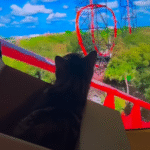Imagine coming home after a long, noisy day and sinking into your favorite chair, surrounded by peace and comfort. Now picture your cat curling up beside you, their purrs filling the room with a sense of calm. If you’ve ever wondered why cats seem so content in tranquil, organized spaces, you’re not alone. The secret lies in their unique personalities and instincts. Let’s take a deep, heartfelt look at why our feline companions flourish best when life is peaceful and routines stay steady.
The Instincts of a Cautious Creature

Cats are born survivors, and their wild ancestors knew that unpredictability could mean danger. A sudden noise or unfamiliar movement could signal a predator or a threat. Even today, domestic cats carry these instincts inside them. A quiet environment helps them feel safe, letting their natural wariness relax. When the world around them is calm and steady, cats can truly unwind. This is why a bustling, chaotic household might leave a cat feeling anxious or withdrawn. The more predictable their surroundings, the more their instincts tell them, “You’re safe here.”
Routine: The Cornerstone of a Cat’s Happiness
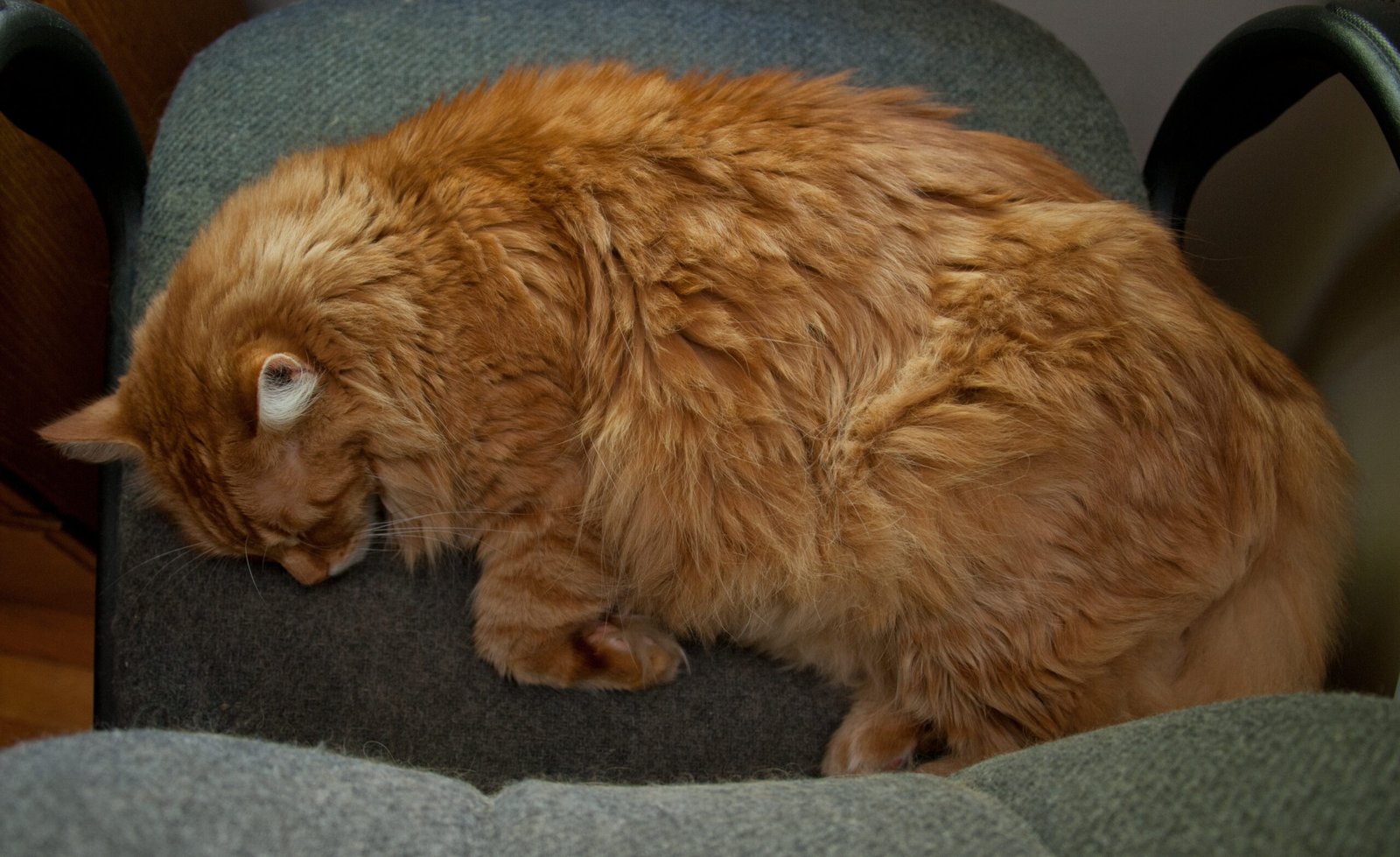
If you feed your cat at the same time every day, you’ve probably noticed they start waiting for you before the bowl hits the floor. Cats thrive on routine, and they find comfort in knowing what will happen next. Predictable schedules take away the guesswork, letting them anticipate meals, playtime, and cuddles. This consistency isn’t just a cute quirk—it’s vital for their well-being. Without routine, a cat might become stressed, leading to changes in behavior or even health problems over time.
The Soothing Power of Silence
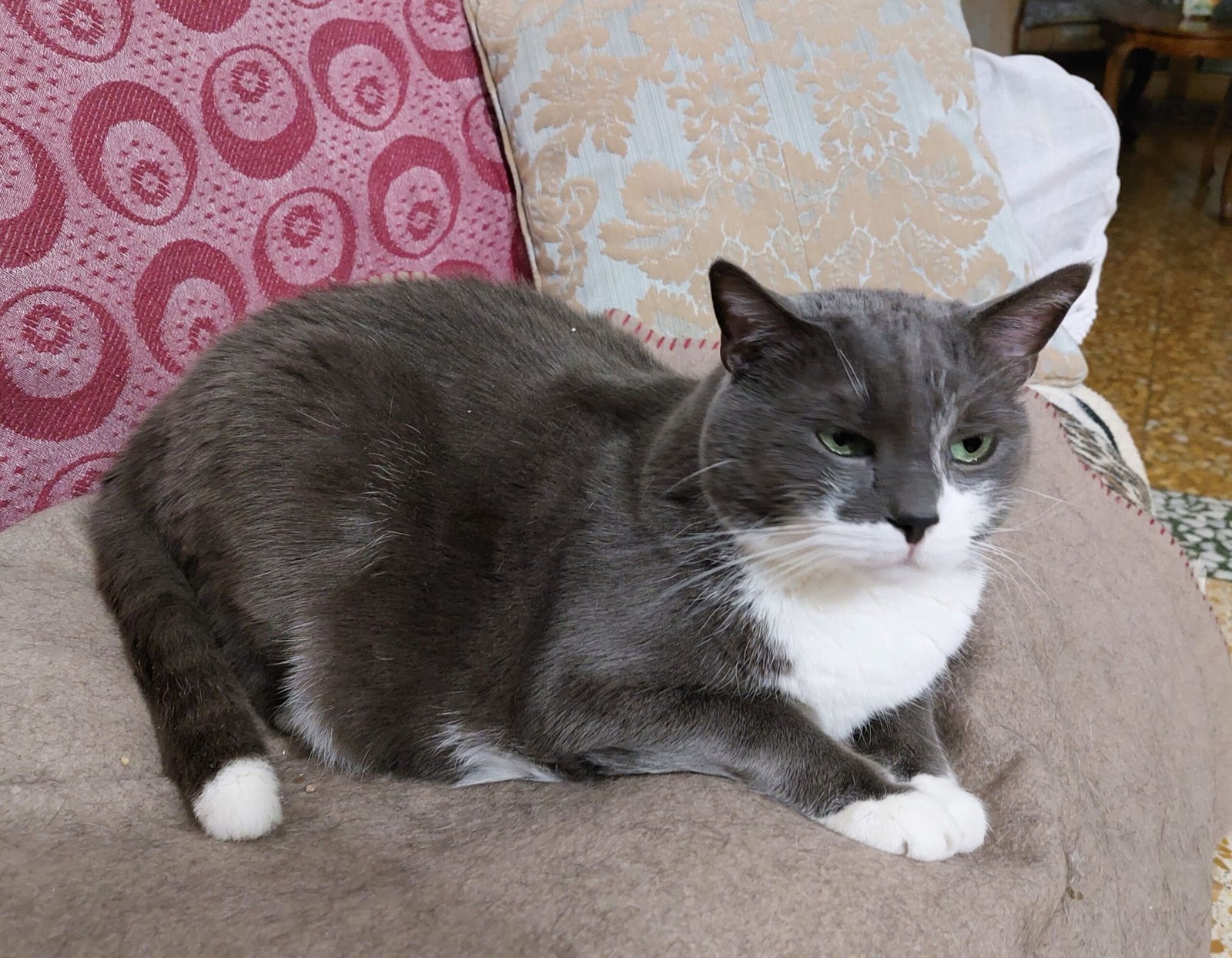
Loud noises can startle cats, sending them darting under beds or behind sofas in a flash. Their sensitive ears pick up even the faintest sounds, which means noisy environments can feel overwhelming. Silence, or at least a gentle background hum, provides a sense of peace. In these quiet moments, cats can nap, groom, or simply observe the world without fear. Just like humans seek out a quiet room to relax, cats crave that gentle hush too.
Safe Spaces: Every Cat’s Sanctuary

Have you noticed your cat seeking out the same cozy corner or sunlit spot day after day? Cats love having a safe space that’s all their own. These spots provide predictability and comfort, free from unexpected surprises. Whether it’s a cardboard box, a windowsill, or a fluffy bed, these sanctuaries are essential for their mental health. When their environment remains consistent, cats can retreat, recharge, and return to social life on their own terms.
Understanding Feline Anxiety
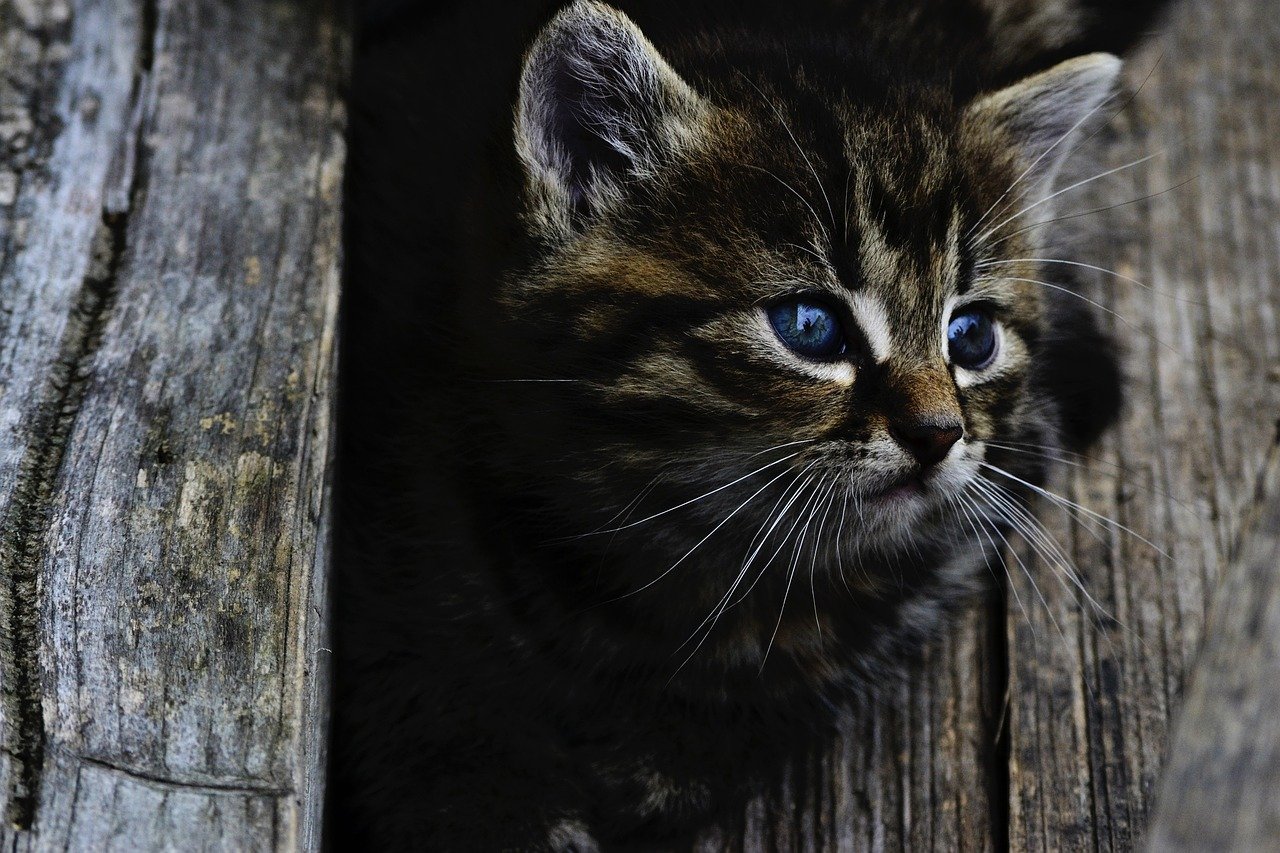
Cats can’t tell us when they’re stressed, but their behavior speaks volumes. A cat living in a chaotic or ever-changing home may hide more often, over-groom, or even stop eating. Predictable, quiet environments reduce these anxiety triggers, helping cats feel secure. Imagine the difference between living on a rollercoaster versus resting in a hammock. For cats, the latter is always preferable.
The Role of Territorial Behavior
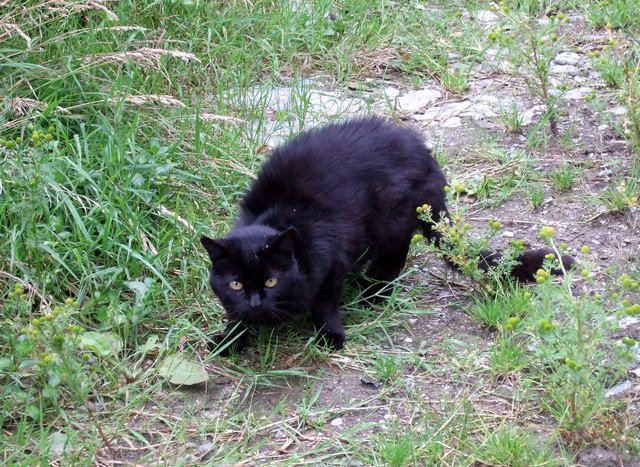
Cats are naturally territorial animals. They use scent, scratching, and marking to create boundaries in their environment. When things stay the same, their territory feels safe and under control. Constant change—like moving furniture or introducing new pets—can disrupt this sense of ownership and lead to stress. A quiet, predictable space allows your cat to confidently rule their tiny kingdom.
How Noise Pollution Impacts Cats

Urban living has brought a new challenge for our pets: noise pollution. Traffic, sirens, and construction sounds can be deeply unsettling for cats. Their acute hearing means even noises we tune out can bother them. Over time, exposure to loud, unpredictable sounds may lead to chronic stress or behavioral issues. Creating a quiet haven, even in a noisy neighborhood, is a loving way to help your cat cope.
Why Predictable Playtime Matters

Play isn’t just fun for cats—it’s an important part of their mental and physical health. Scheduling regular play sessions gives your cat something to look forward to. When playtime happens at random, they might grow bored or anxious. Predictable play builds trust, strengthens your bond, and helps your cat feel safe enough to show their playful side.
Feeding Routines: More Than Just Food

Meal times are sacred for cats. Consistent feeding schedules tell your cat that their needs will always be met, lowering stress around food. Sudden changes—like switching meal times or food brands without warning—can cause digestive upset or anxiety. Sticking to a steady routine makes your cat’s life predictable and their tummy happy.
The Importance of Predictable Human Interaction

Cats might seem independent, but they rely on us for social connection. Knowing when to expect affection, grooming, or quiet companionship helps them feel secure. Random bursts of attention or handling can be unsettling. When interactions are gentle and predictable, your cat learns to trust you more deeply and may even seek out your company more often.
Reducing Stress-Induced Health Problems
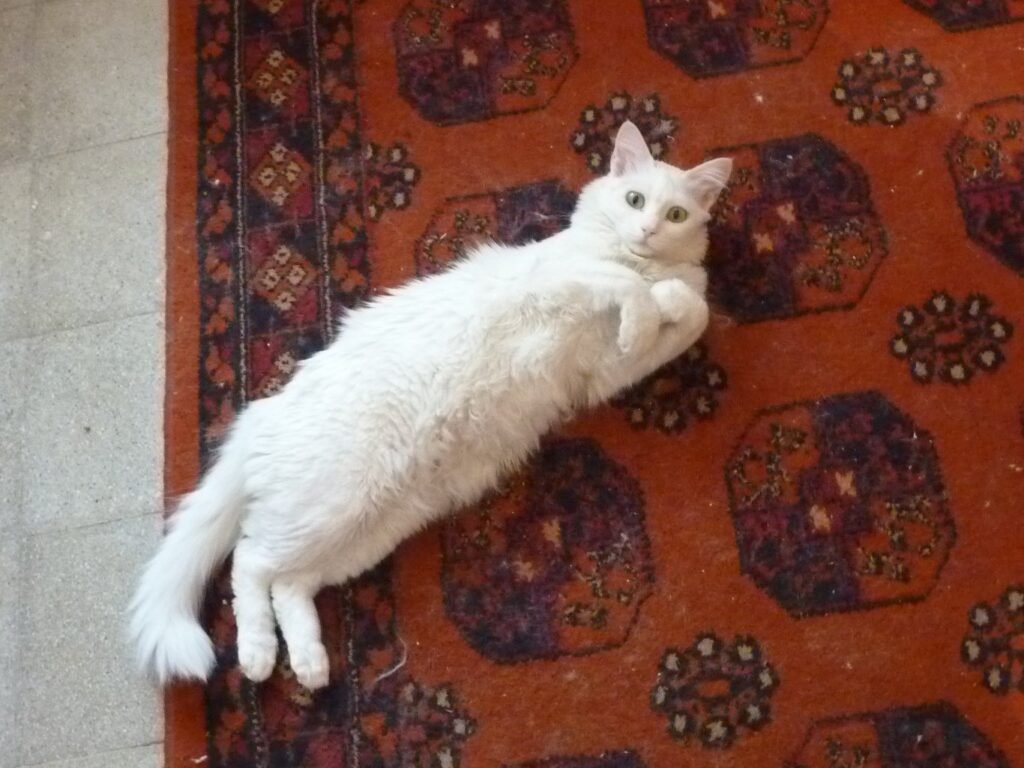
Chronic stress in cats can lead to a range of health issues, from urinary problems to skin disorders. Quiet, predictable environments act like a soothing balm, lowering the risk of these conditions. By minimizing surprises and noise, you’re helping your cat’s body stay healthy and resilient. It’s an invisible gift that shows up in their glossy coat, bright eyes, and playful leaps.
How Predictability Promotes Better Sleep
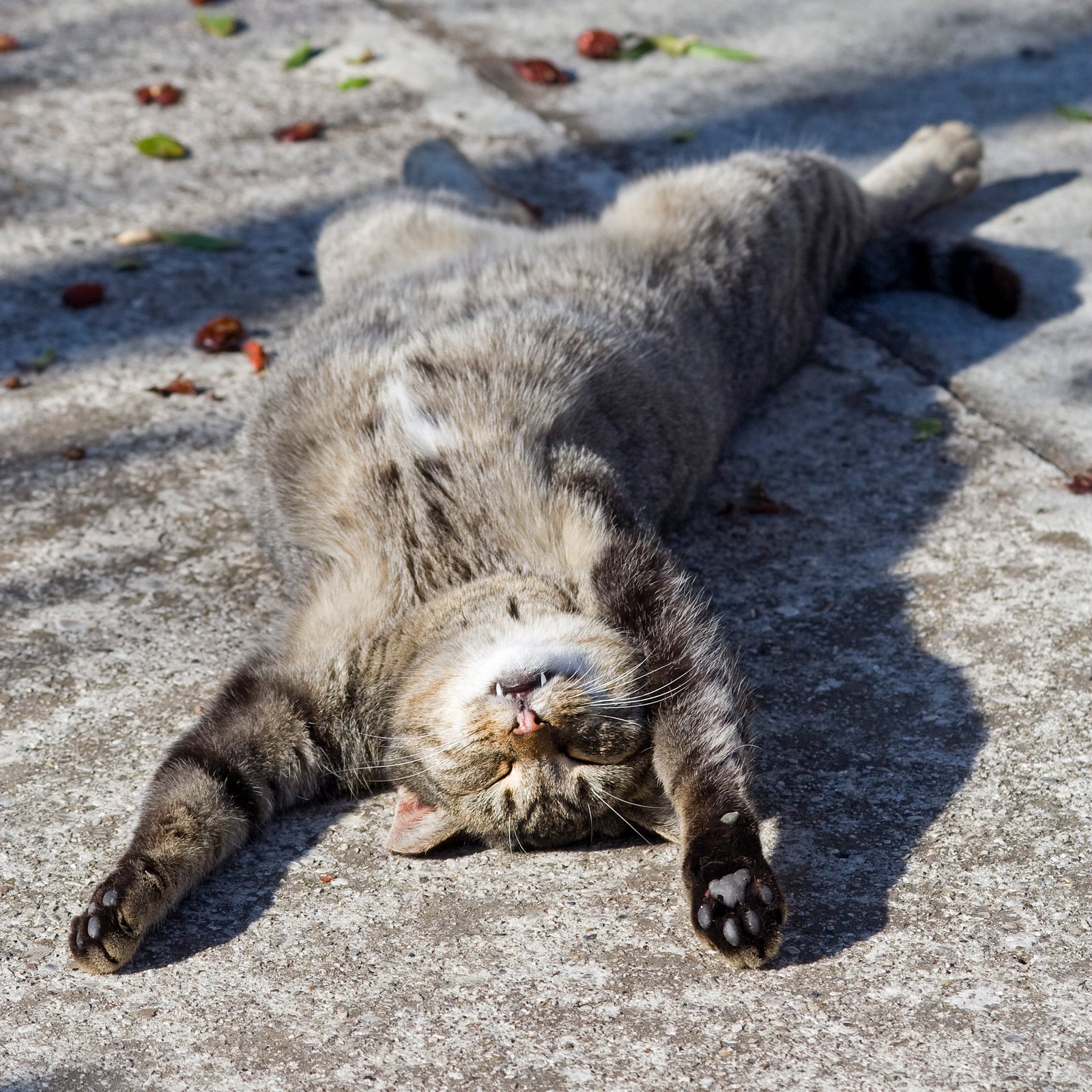
Cats are professional nappers, often sleeping up to 16 hours a day. But restful sleep only happens when they feel safe. Sudden noises or unpredictable activity can interrupt their sleep cycles, leaving them groggy or irritable. A peaceful, routine environment supports deep, restorative naps that help your cat stay energetic and happy.
Grooming Habits and Environmental Peace

Cats are meticulous groomers, and they need undisturbed time to keep themselves clean. In a loud or unpredictable setting, grooming can be interrupted, leading to knots, mats, or even skin problems. When the home is calm and routines are respected, cats can groom in peace, maintaining both their hygiene and their sense of control.
Helping Shy or Timid Cats Blossom

Some cats are naturally shy, hiding away at the slightest disturbance. For these sensitive souls, a quiet, predictable environment is like sunshine after rain. With fewer surprises, timid cats gain confidence to explore, play, and interact. Over time, they may even become more outgoing, trusting that their world will remain gentle and safe.
Managing Multi-Cat Households

Living with more than one cat can introduce unpredictability, especially if personalities clash. Creating a routine for feeding, play, and rest helps each cat feel secure in their place. Designated quiet spaces for each cat can prevent fights and lower stress. Predictable routines mean fewer squabbles and more harmonious feline friendships.
The Impact of Predictability on Senior Cats

Older cats often crave stability even more than their younger counterparts. Their senses may be dulled, and sudden changes can be especially disorienting. A quiet, steady environment helps senior cats navigate their world with confidence. Routine feeds, gentle play, and familiar surroundings let them age with grace and dignity.
Adapting to Life Changes Gradually
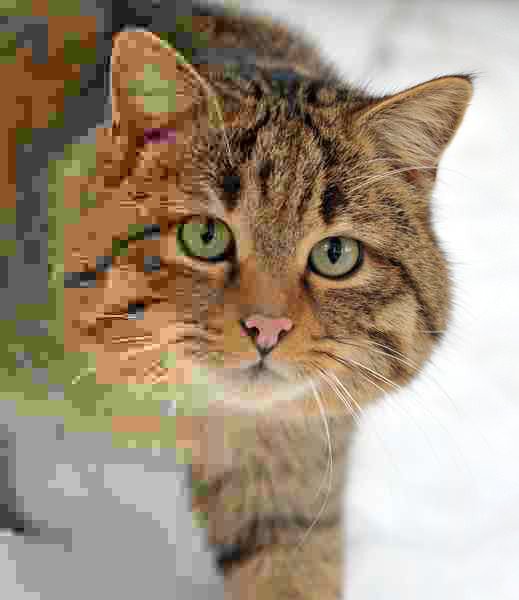
Sometimes, change is unavoidable—a new baby, a move, or renovations. The key is to introduce changes slowly and keep as much of the old routine as possible. Gradual transitions help cats adjust without feeling overwhelmed. Maintaining familiar scents, feeding times, and quiet spaces can make all the difference during life’s big shifts.
Feline Communication and Environmental Cues

Cats use subtle signals—like body language and vocalizations—to communicate comfort or unease. In a quiet, predictable setting, these cues are easier to spot and respond to. When the environment is unpredictable, signals can get lost in the chaos, making it harder to understand your cat’s needs. Calm surroundings foster better communication and a stronger bond.
Enriching a Predictable Environment

“Predictable” doesn’t mean boring. Enrich your cat’s world with toys, scratching posts, and cozy perches, but keep their locations and playtimes steady. Rotate toys occasionally to spark interest, but avoid making too many changes at once. Predictability, mixed with gentle enrichment, gives your cat a life that’s both stimulating and secure.
Travel, Boarding, and Unfamiliar Places
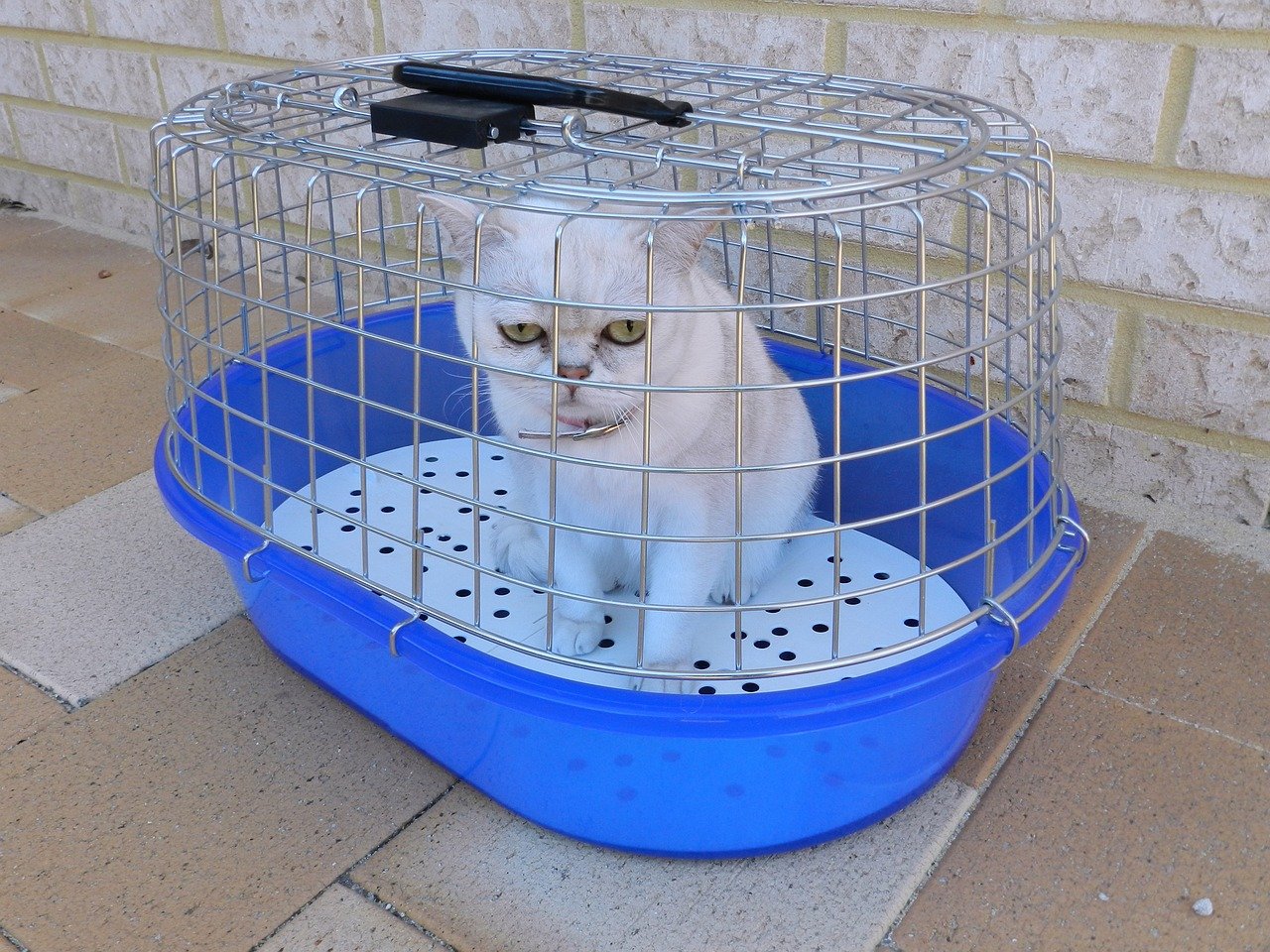
Travel can be a major source of stress for cats, pulling them out of their comfort zone. If travel is unavoidable, try to bring familiar items—like a favorite blanket or toy—to create a sense of predictability. Boarding facilities with quiet spaces and steady routines can make a huge difference. Planning ahead and minimizing surprises eases the transition for your beloved pet.
Building Trust Through Calm Consistency

At the heart of every cat’s well-being is trust—trust in their environment, in their people, and in their daily life. Quiet, predictable routines are the building blocks of that trust. When your cat knows what to expect, they can truly relax and let their personality shine. This steady foundation leads to a happier, healthier, and more loving relationship with your feline friend.
Hi, I’m Bola, a passionate writer and creative strategist with a knack for crafting compelling content that educates, inspires, and connects. Over the years, I’ve honed my skills across various writing fields, including content creation, copywriting, online course development, and video scriptwriting.
When I’m not at my desk, you’ll find me exploring new ideas, reading books, or brainstorming creative ways to solve challenges. I believe that words have the power to transform, and I’m here to help you leverage that power for success.
Thanks for stopping by, Keep coming to this website to checkout new articles form me. You’d always love it!





